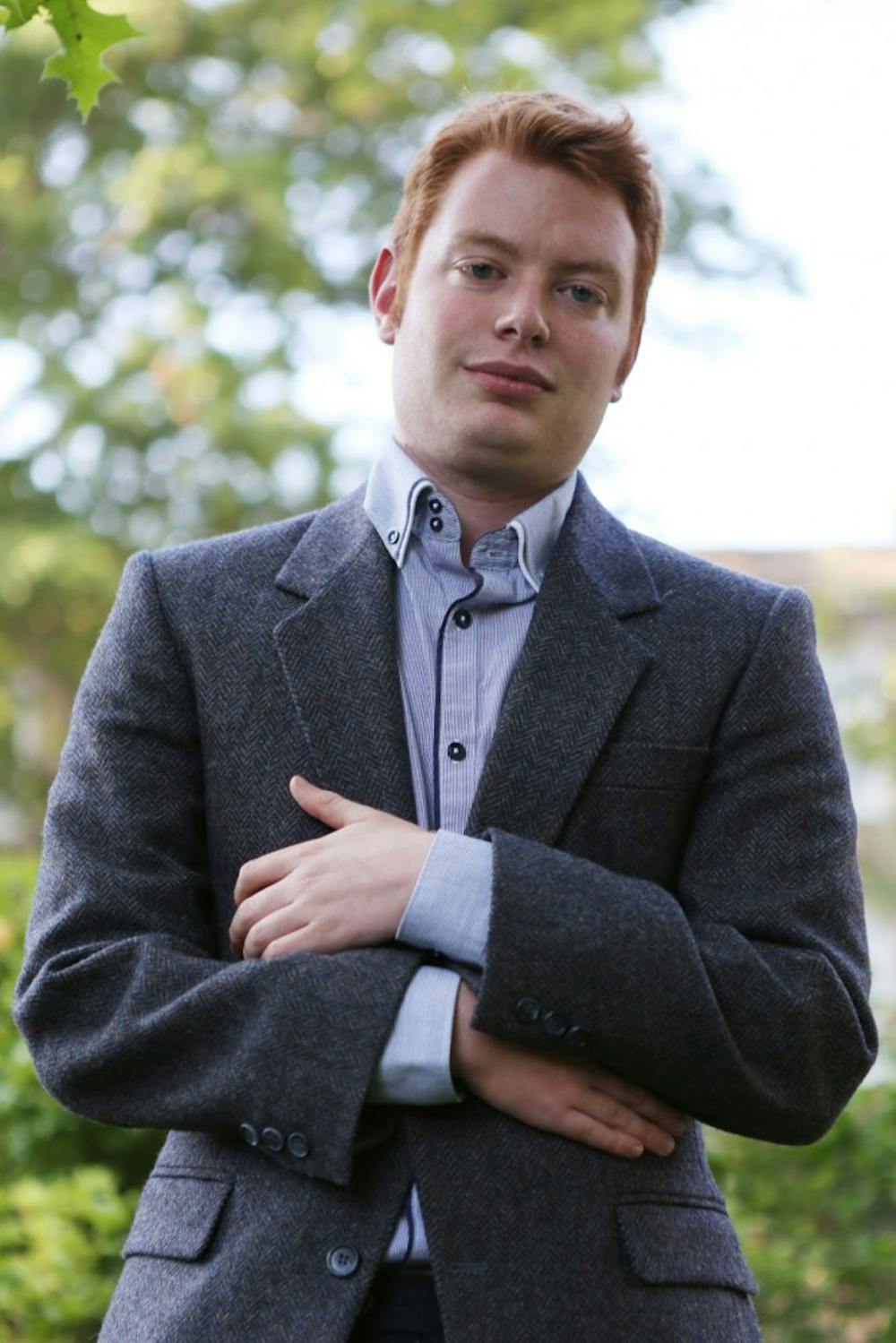Columnist Jack Davies proposes possible compromise to the gun control debate.
This week has been covered in tragedy as another wave of school shootings has ravaged the nation, leaving the usual toll of grieving parents and shattered dreams — and controversy. The debate is one that always raises its head as both sides of the political spectrum put aside human feelings of grief and forgiveness and rush to politicize these tragedies for their own ends. This is only natural; insecurity and violence sparks debate and a solution does need to be found. The problem with the current gun debate then is not that it is taking place, but that it is stagnant and stale.
The reasons for this are many; the debate is characterized by extreme partisanship no side is willing to yield or compromise. Special interest groups, especially the National Rifle Association, have extreme power and buckets of cash that they can throw at candidates favorable to their platform. Lastly, we have the strong, almost sacred attachment to firearms and the Second Amendment in the traditional American political culture. Although it may seem intuitively counter-productive, I believe we could use traditional American gun culture to break the stalemate and come to a bipartisan, or at least equitable, solution to the problem of gun violence.
To do this we must look to history. The Catholic theologian G.K Chesterton once said, “Don’t ever take a fence down until you know the reason why it was put up,” otherwise, "The business of progressives is to go on making mistakes. The business of conservatives is to prevent mistakes from being corrected.” With this in mind we need to look at the text of the Second Amendment. Which for those who skipped their civics classes reads as follows...
“A well regulated Militia, being necessary to the security of a free State, the right of the people to keep and bear Arms, shall not be infringed.”
The reason why the Second Amendment was included in the Constitution is simple. The U.S. founders wrote common law tradition that was incredibly distrustful of a standing army, so after the Revolutionary War, they reduced the size of the regular army to a state of almost nonexistence. However, in its early years, the U.S was encircled. It had Britain to the north, Spain to the south, powerful Native American confederacies to the west and a revitalized France, which wanted back onto the North American continent.
So to rapidly expand the armed forces in times of crises, it was necessary to disseminate arms widely. In fact, the Congress passed the Militia Act of 1792, which made all armed, free men between the ages of 18 and 45 eligible to be called into service. The need for the militia faded away as, after the Civil War, foreign threat subsided and the professional army was forever enlarged from that point on. The brunt of America’s conflicts would be met by professional soldiers and volunteers rather than by the ‘Nation in Arms’ itself. Ever since then, gun ownership was not about defending state, hearth and home but about recreation. It became an individual rather than collective right.
I say we change that. The word militia today brings to mind Colonel Kurtz conspiratorial nutcases hiding in Montana clutching their assault rifles jealously in defiance of the 'Gubmunt,' and Alex Jones’ lizard people. That doesn’t have to be the case. We could require every owner of military-grade weapons to attend a training course and make him or herself available to their state governor.
These people could be used to help clean up natural disasters, provide extra security when the state deems it necessary, provide support to law enforcement and could form charitable associations and do volunteer work. I say we form our mass of gun owners (myself included) back into the well-regulated militia the founders intended.
This system, with significant differences, has worked well in Switzerland. We could make gun ownership about public service, national pride and historical tradition. We could, as a nation and as gun owners, live up to the full spirit of the Second Amendment and become a visibly useful part of society as we once were. Who knows, perhaps with this system we can cut our defense budget and use it on education and infrastructure,which are things we actually need.
Jack Davies is a sophomore studying philosophy and the Honors Tutorial College Senator for Student Senate. Do you think this method could work? Email him at jd814213@ohio.edu.






